Menstrual blood offers stem cell hope
Updated: 2016-03-10 08:07
By Shan Juan(China Daily USA)
|
||||||||
Project seeks to advance stem science without ethical problems brought by other approaches
A hospital in Zhejiang province is looking for 100 volunteers to donate menstrual blood to a research team studying stem cells, its lead researcher said.
Professor Xiang Chunsheng from Zhejiang University International Hospital in Hangzhou, who heads the project, said stem cells in menstrual blood have similar regenerative properties to those found in umbilical cords and bone marrow, both of which are currently widely studied.
His team is looking for women aged between 18 and 40 who have regular menstrual cycles and who are free from infectious diseases and have not terminated a pregnancy during the past half year.
Hospital workers will collect used sanitary pads from those taking part.
"Eligible women are very welcome to participate in this medical research by making a donation and, ideally, we would like three such donations from each volunteer," he said.
Participants will have the incentive of knowing they are not only helping with the research but that their stem cells will be stored for free for two years. Such "banked" cells will be available to the women should they need them for treatment.
Worldwide, stem cells from menstrual blood have proved effective in treating diseases including hepatocirrhosis (cirrhosis of the liver), diabetes and heart attacks. Xiang said stem cells may also possibly be integrated into the treatment of other conditions, including strokes and Alzheimer's disease.
Currently, stem cells are usually drawn from either embryos or adult tissue, medical experts said.
Embryonic stem cells can give rise to almost any cell type in the human body, but they are controversial ethically because the procedures for obtaining them might involve the destruction of an embryo.
Adult stem cells, such as those in bone marrow, have limited use and their collection usually requires invasive procedures.
By comparison, menstrual stem cells offer several advantages because they are easy to get without ethical considerations and they can be used to treat patients without fear of tissue rejection, according to Xiang.
"But these remain medical research subjects," he said.
In a trial study in 2003, menstrual stem cells were used to repair lung damage in a man infected with the bird flu virus H7N9, Xiang said.
"And it worked well," he said.
Nationwide, China's top health authority last year issued the nation's first regulation concerning stem cell clinical trials, with the aim of ensuring its healthy but cautious development.
All related clinical trials into stem cells require transparency and government supervision, the regulations stipulate.
shanjuan@chinadaily.com.cn
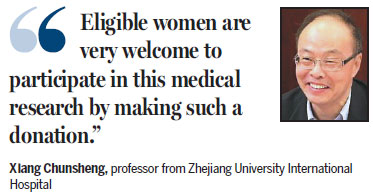
(China Daily USA 03/10/2016 page7)

 Southeast Asia experiences rare total solar eclipse
Southeast Asia experiences rare total solar eclipse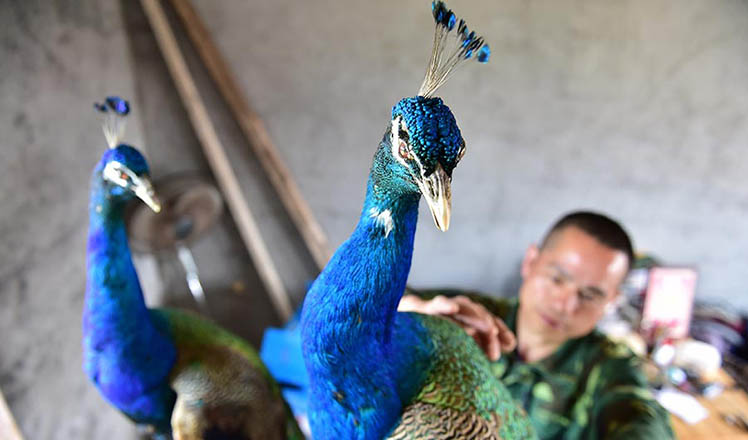
 Farmer couple finds wealth in raising peacocks
Farmer couple finds wealth in raising peacocks
 Google's AI takes on Go champion Lee Sedol in Seoul
Google's AI takes on Go champion Lee Sedol in Seoul
 New Year paintings decorate cottage walls in spring
New Year paintings decorate cottage walls in spring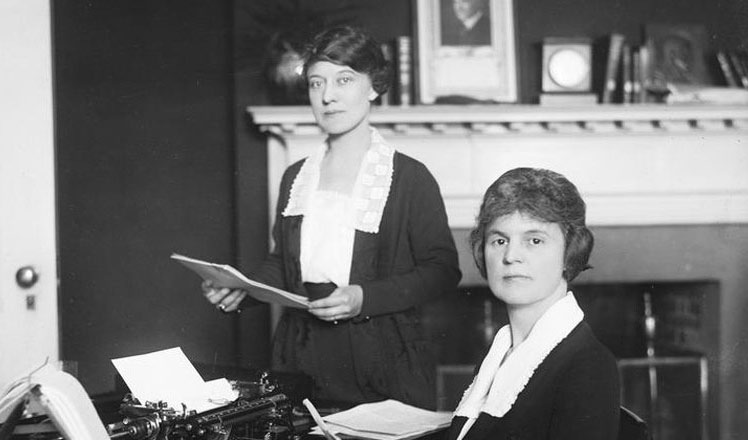
 Women in workplace 100 years ago
Women in workplace 100 years ago
 Foreign Minister Wang Yi meets the press
Foreign Minister Wang Yi meets the press
 Women who work underground to keep city clean
Women who work underground to keep city clean
 Students in traditional dresses celebrate Women's Day
Students in traditional dresses celebrate Women's Day
Most Viewed
Editor's Picks

|

|

|
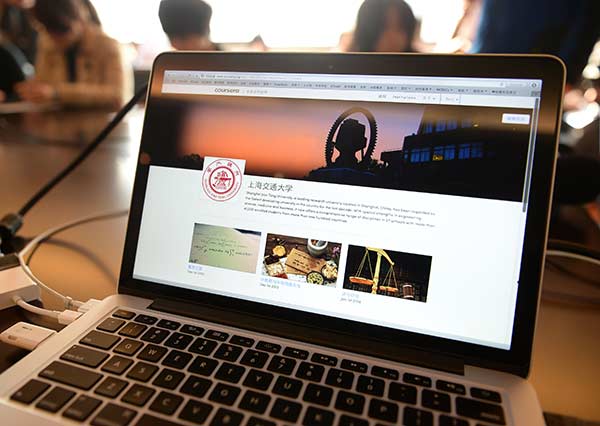
|
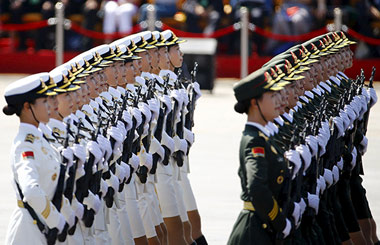
|

|
Today's Top News
What ends Jeb Bush's White House hopes
Investigation for Nicolas's campaign
Will US-ASEAN meeting be good for region?
Accentuate the positive in Sino-US relations
Dangerous games on peninsula will have no winner
National Art Museum showing 400 puppets in new exhibition
Finest Chinese porcelains expected to fetch over $28 million
Monkey portraits by Chinese ink painting masters
US Weekly

|

|